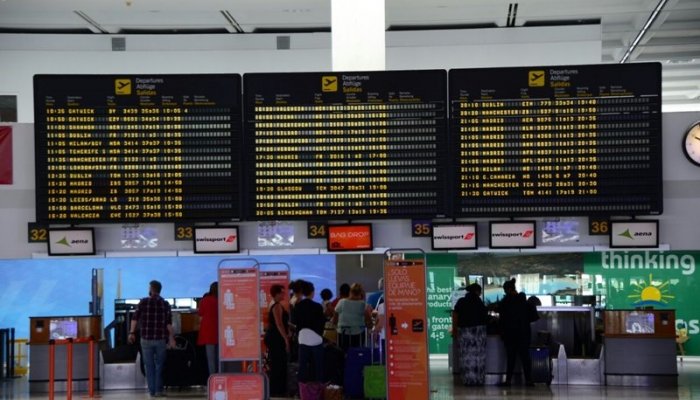Thanks to LANCELOT DIGITAL / ELDIARIO.ES
- CEDED
The EU agrees a COVID certificate to boost tourism in the summer
There is an agreement for a digital certificate as of July 1. This Thursday the European Parliament, the European Commission and the presidency of the Council of the EU have completed four negotiation sessions and have agreed on a certificate that will prove that a person has received a vaccine, has a negative result in the PCR or has recovered from COVID -19 and has immunity. Thus, the certificate will serve as a negative PCR test with less than 72 hours; negative rapid test with less than 24 hours; and have had the disease in the last 6 months.
In the agreed document, governments are asked to “avoid imposing additional restrictions, such as PCR and quarantine” on people with full vaccination, “unless it is necessary and provided” by the epidemiological situation in the country. The certificate regulation should be in force for 12 months. And as agreed, the certificate will not be a precondition for exercising the right to free movement and will not be considered a travel document.
The European Commission has welcomed the news. Health Commissioner Stella Kyriakides said: “This is an important step towards restarting free movement in the EU in the safest way possible, while providing clarity and certainty to our citizens.”
The name of the document will be the one proposed by the European Parliament, the EU COVID digital certificate, instead of the Digital Green Certificate, which the European Commission proposed. And it can be requested by anyone who has been vaccinated, has a negative COVID-19 test, or has recently been ill and developed antibodies. The objective is to avoid quarantines among the 27 and speed up tourism in summer.
Once this agreement has been achieved in the negotiations that have ended this Thursday, the only thing missing is formal ratification by the governments and the European Parliament, which will take place in the plenary session on the week of June 7 and may be so soon after, at from July 1.
The European Commission also commits to mobilize 100 million euros through the Emergency Support Instrument to make PCRs more affordable. The initial position of the European Parliament called for free tests, something that most governments opposed. Negotiators agreed that additional funds in excess of € 100 million could be mobilized if necessary, depending on the approval of the budget authorities.





